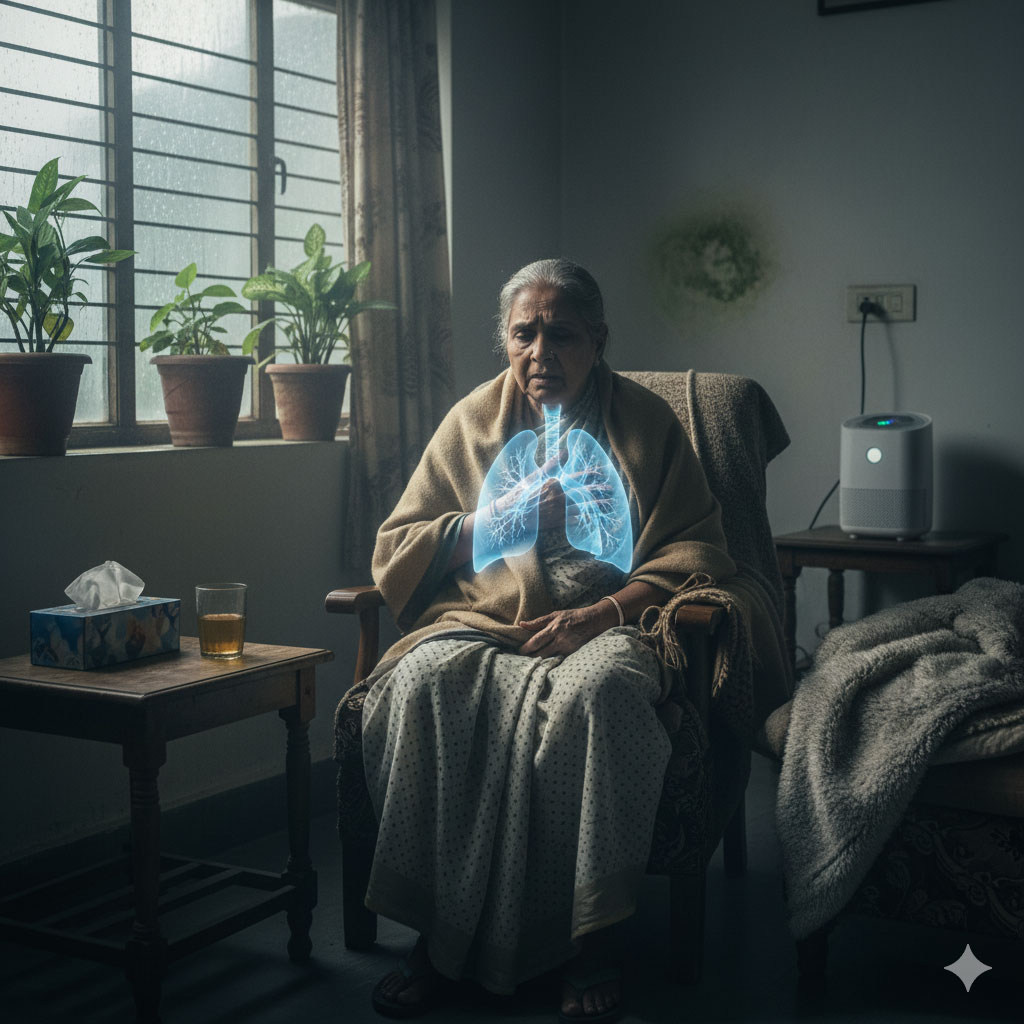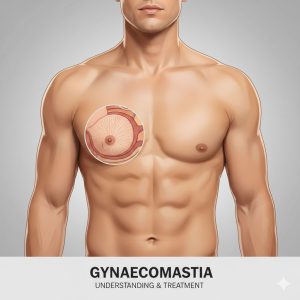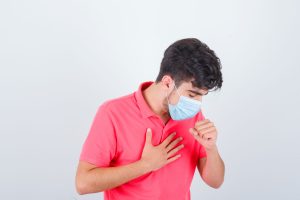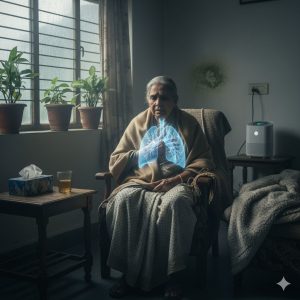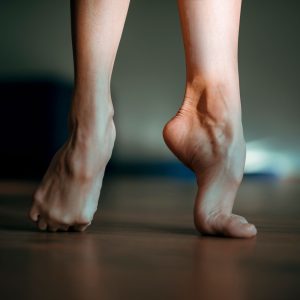For Both Children and Elderly
· Maintain Indoor Air Quality:
- Use a dehumidifier to control humidity and prevent the growth of mold and dust mites.
- Regularly clean and ventilate your home to reduce allergens and airborne bacteria.
- Keep AC filters clean and set AC to a moderate temperature.
· Practice Good Hygiene:
- Wash hands frequently with soap and water.
- Disinfect frequently touched surfaces.
· Boost Immunity:
- Eat a balanced diet rich in fruits, vegetables, and immune-boosting foods like ginger and garlic.
- Stay well-hydrated by drinking plenty of fluids.
· Avoid Triggers:
- Stay indoors during peak humidity hours or strong rainstorms to avoid damp conditions, high pollen counts, and pollution.
- Avoid exposure to moldy or wet areas in the house.
Specific Tips for Children
- Dress Warmly: Keep children dressed in warm clothes to protect them from cold and moisture.
- Maintain Good Hygiene: Wash hands frequently, especially after playing outside, sneezing, or before meals.
- Ensure Vaccinations: Stay up-to-date with essential vaccinations, such as the flu shot.
- Consult a Doctor for Asthma: Seek medical advice for asthma management and to prevent respiratory infections.
Specific Tips for the Elderly
- Manage Existing Conditions: Consult a doctor for timely treatment if you have asthma or other lung conditions.
- Stay Protected from Pollutants: Use masks in crowded or dusty areas to avoid pollutants that can trigger symptoms.
- Consider Vitamin D Supplementation: As sunlight exposure is limited, discuss Vitamin D supplementation with your doctor.
- Get Adequate Rest and Stay Active: Ensure the elderly get sufficient rest and engage in mild physical activity, such as yoga or indoor exercises.
When to See a Doctor
- Consult a doctor or pulmonologist for persistent coughing, breathlessness, wheezing, or recurring respiratory infections during the monsoon season.
Dr. Ravivarma A
M.B.B.S, M.D, FIP
Consultant – Clinical and Interventional Pulmonologist



